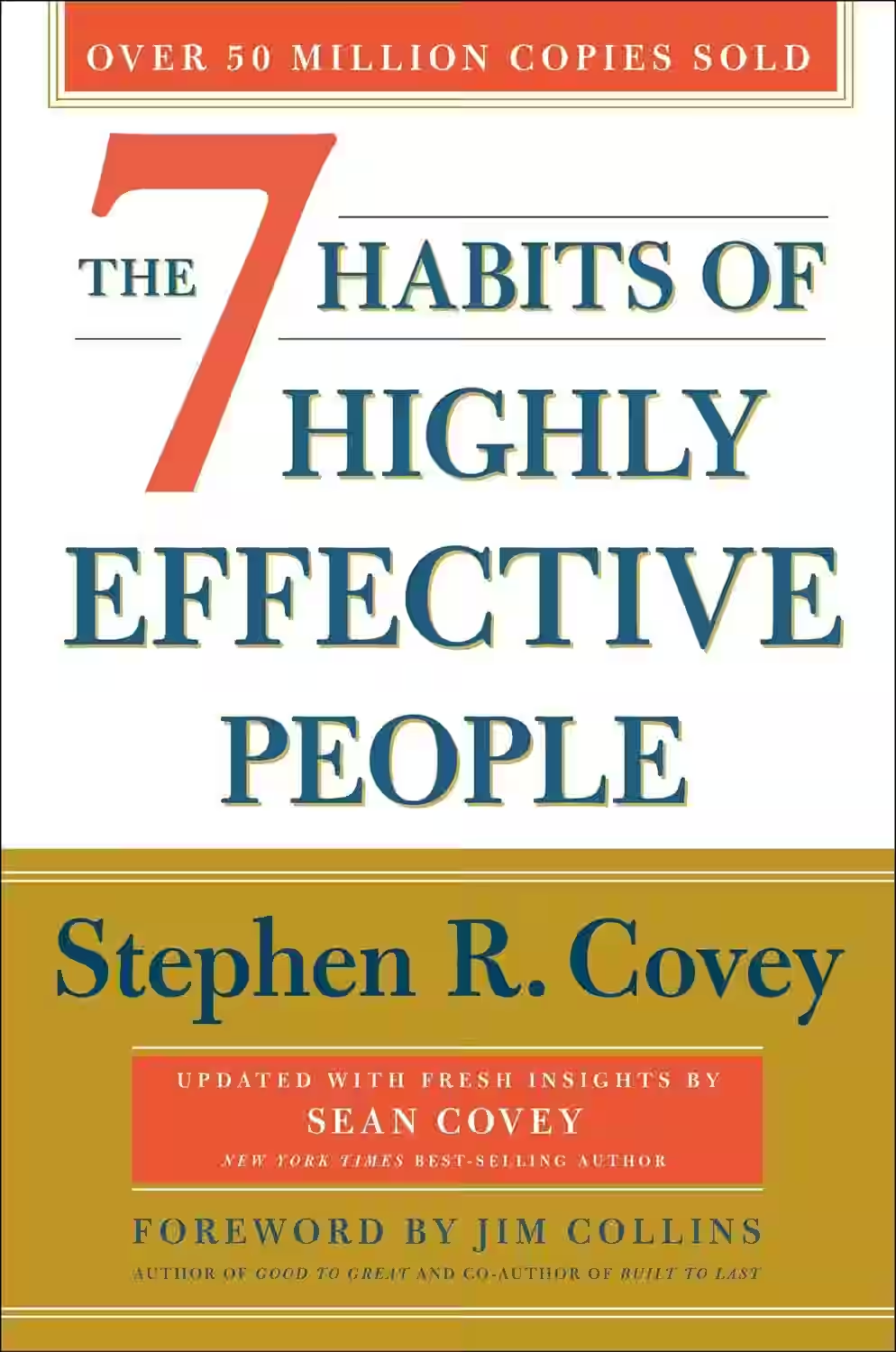
Stephen R. Covey’s The 7 Habits of Highly Effective People is a foundational personal development guide focused on character ethics. It introduces a framework of habits that foster personal and professional success—beginning with self-mastery and expanding to effective collaboration with others. Core habits include being proactive, beginning with the end in mind, and seeking win-win solutions. Covey emphasizes long-term growth through principles of integrity, responsibility, and continuous improvement. Widely adopted in leadership training and self-help circles, it remains a bestselling manual for living with purpose and intention.
About Stephen R Covey
An American educator, author, and businessman, renowned for his transformational self-help book, The 7 Habits of Highly Effective People. His work outlines principles-based strategies for personal and professional effectiveness, focusing on proactivity, goal-setting, prioritization, and interdependence. Covey's timeless advice on character ethics and living a principled life has profoundly influenced countless individuals and organizations worldwide, making him a leading figure in personal development.
Similar Books
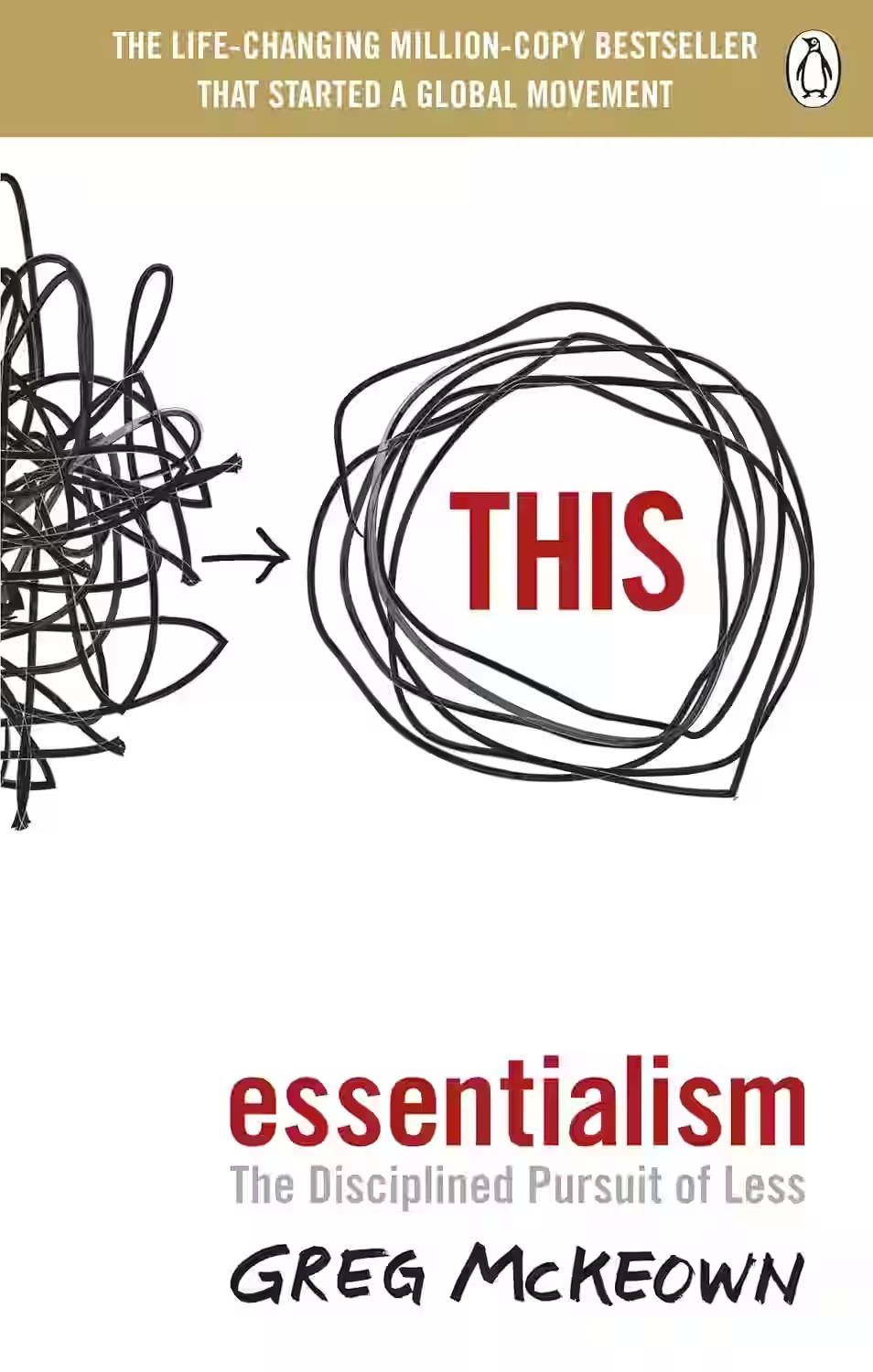
Essentialism: The Disciplined Pursuit of Less
by Greg McKeown
Essentialism is a manifesto for simplicity in an increasingly busy world. Greg McKeown advocates for doing less, but better—focusing only on what is truly important. He challenges the idea that we must do everything and instead teaches readers how to identify their highest priorities, eliminate non-essential tasks, and reclaim control of their time and energy. With practical tips and clear frameworks, the book empowers readers to make deliberate choices, say no more often, and live with intention. Essentialism is about creating space for what really matters—professionally and personally—by embracing the power of focus and clarity.
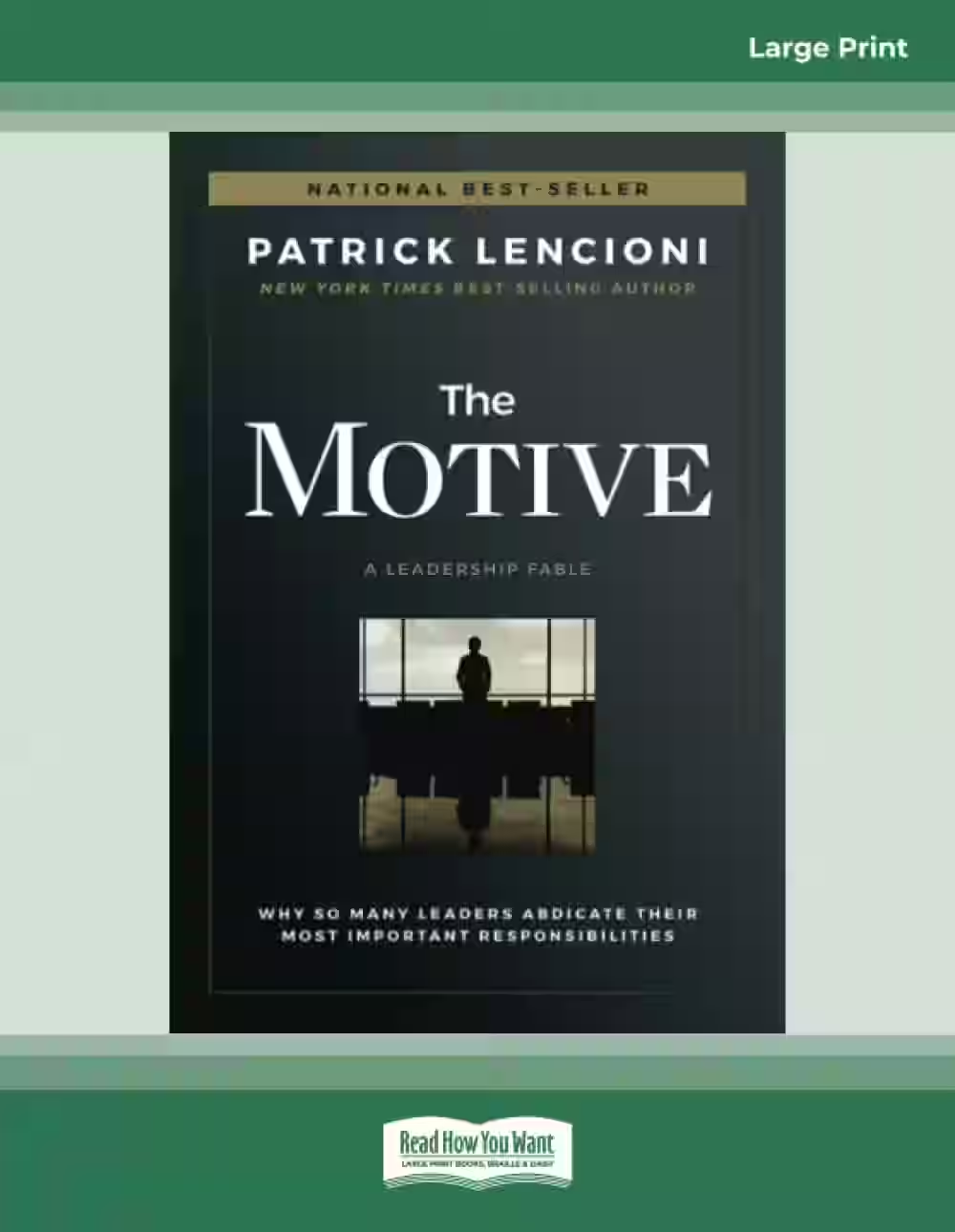
The Motive: Why So Many Leaders Abdicate Their Most Important Responsibilities
In 'The Motive: Why So Many Leaders Abdicate Their Most Important Responsibilities,' Patrick Lencioni delves into the high-stakes world of leadership and explores the reasons behind leaders failing to prioritize their responsibilities effectively. Through a compelling narrative, Lencioni unpacks the true motive that drives leaders, emphasizing the crucial distinction between leading for self-interest and leading for the collective good. With insightful anecdotes and practical advice, the author challenges conventional notions of leadership and prompts readers to reflect on their own motives. This book serves as a wake-up call for leaders at all levels, urging them to reassess their priorities and align their actions with the true essence of leadership.
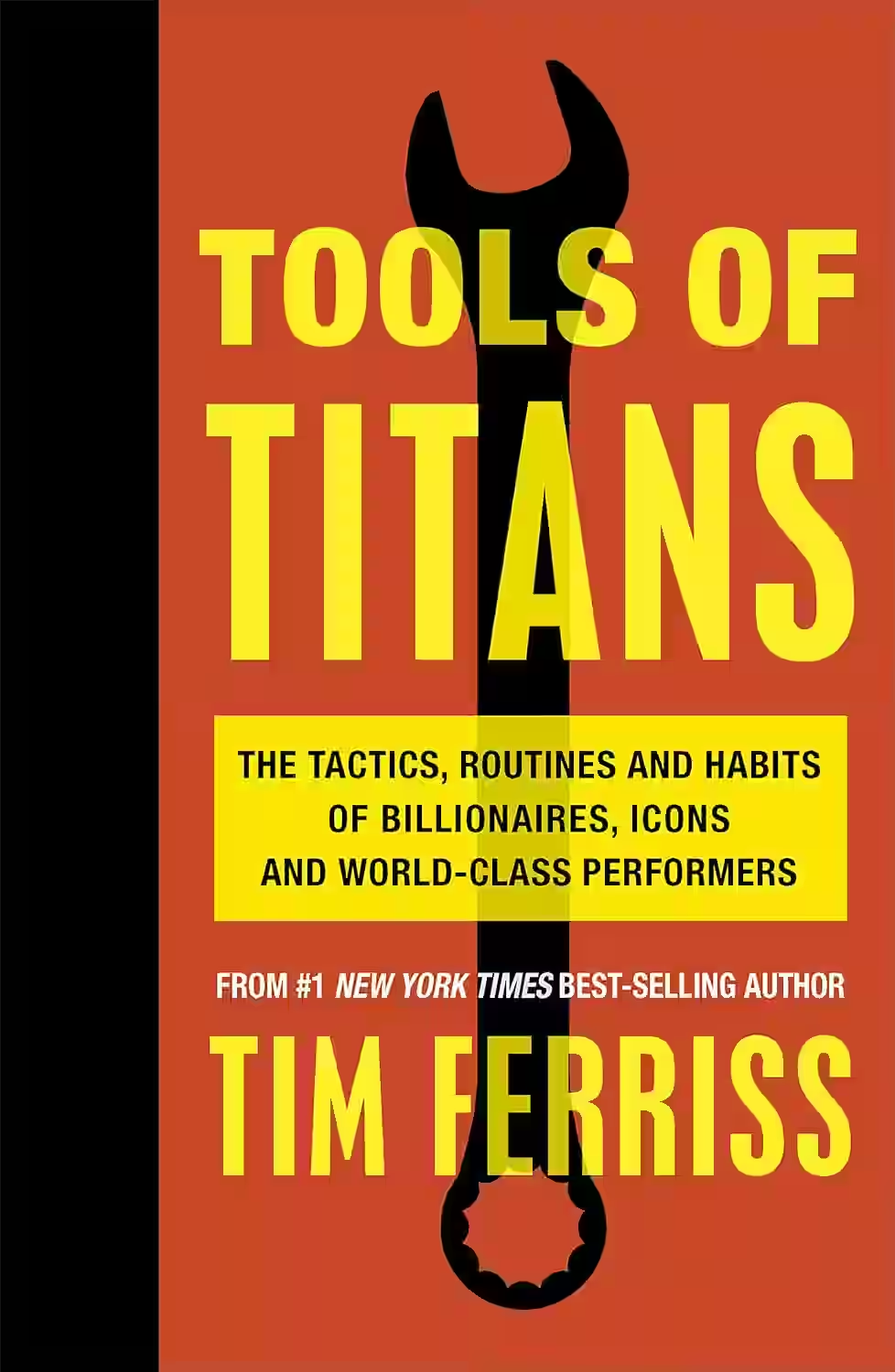
Tools of Titans
by Tim Ferriss
Based on his popular podcast The Tim Ferriss Show, this book compiles insights, habits, and tactics from top performers across business, sports, health, and entertainment. Divided into sections on health, wealth, and wisdom, Tools of Titans offers practical takeaways and life hacks. It’s a massive resource for anyone seeking self-optimization, personal growth, or unconventional strategies for success.
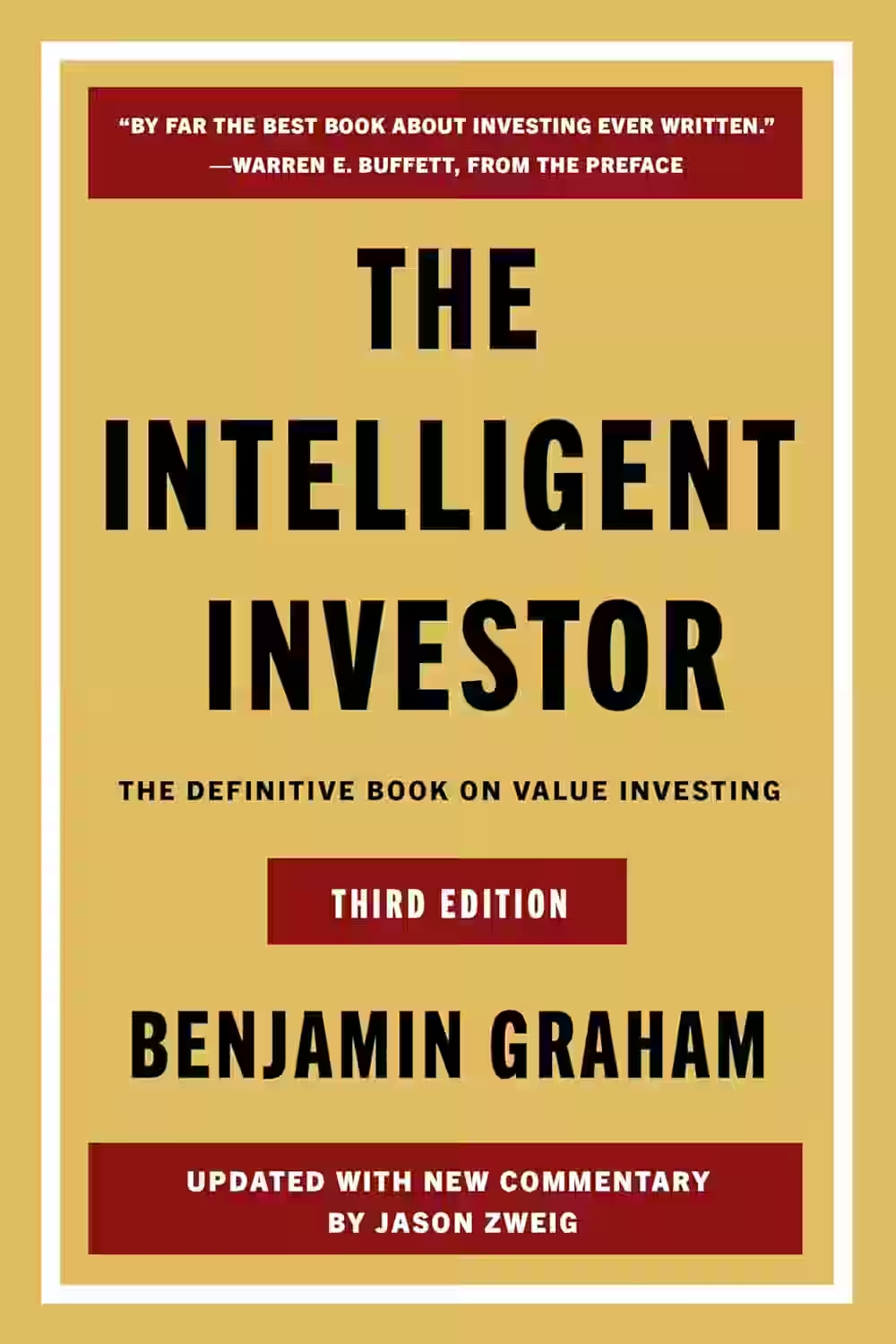
The Intelligent Investor
First published in 1949, The Intelligent Investor by Benjamin Graham is a foundational text on value investing and long-term financial strategy. Graham, known as the father of value investing, teaches readers how to analyze stocks with a focus on intrinsic value, margin of safety, and disciplined decision-making. The book distinguishes between “investing” and “speculating,” urging caution, patience, and rational thinking. With commentary by Jason Zweig in modern editions, the book remains a timeless guide for both novice and experienced investors. Its core message—that emotional control and sound principles are key to investment success—has influenced generations, including Warren Buffett.